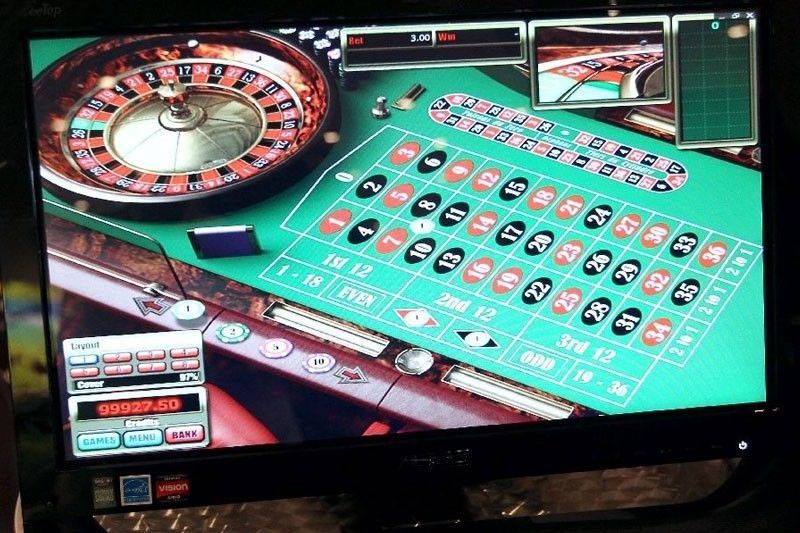No more tourist visa on arrival for POGO workers

MANILA, Philippines — Soon, Chinese tourists will no longer have any chance to overstay in the country.
Under the amended rules of the Visa Upon Arrival (VUA) program, neither will they be allowed to gain employment in Philippine offshore gaming operator (POGO) establishments.
Department of Justice (DOJ) spokesperson Undersecretary Markk Perete yesterday said their office hopes to publish and make effective a circular this week to impose stricter policies for Chinese nationals who are holders of VUA.
This would cover Chinese visitors and businessmen who would be staying for short durations in the Philippines as well as athletes and delegates to international conferences.
Once published, Perete said the VUA amendments would take effect immediately.
He explained, “Technically what is required by law is a reasonable period to notify the public after the publication. But in this case, this (VUA) is a privilege being granted to foreign individuals. So, in essence, the publication requirement is enough notice, and the effectivity put in the department circular is immediate upon publication.”
The amendments in the VUA are more “restrictive,” which means that Chinese tourists would have to present their round-trip tickets showing the length of their stay and the date of their departure from the Philippines before they will be issued a visa.
“This will make sure that no one would overstay” in the Philippines, added Perete.
Foreigners with VUA are only allowed to stay in the country for a non-extendible period of 30 days. If, for instance, a Chinese businessman issued with a VUA would only be in the Philippines to conduct business for 15 days, once he leaves, his visa would also expire.
Also, tourists have to reveal their itinerary while they are in the country and show proof that they have booked accommodations such as presenting hotel billing receipts.
“Aside from the round-trip ticket, if they are coming in as tourists they must have booked accommodations for every stop in their itinerary. The tour operator must be, of course, accredited. The tour operator must provide all the details where they will be staying, proof of accommodations,” Perete said.
The DOJ official also said Chinese nationals who were issued a VUA would also be barred from converting the nature of their visa. For example, they could not convert their VUA into a work visa or a resident’s visa.
Perete clarified though that the government is not singling out the Chinese but that it intends “to make sure that the Visa Upon Arrival facility would not be abused… We just put in more restrictions specifically because of complaints that many are using that facility to obtain employment in the Philippines.”
There have been recent reports of several Chinese nationals illegally working in POGOs and as construction workers.
“Some have used that facility to obtain employment, later on whether it is POGO or any other kind of employment. The complaint on the visa, some would get a Visa Upon Arrival and then convert it into another visa and then get more permits to be employed in POGO or any other businesses,” he added.
Aside from the Chinese, the DOJ official said they are also studying the possibility of including other nationalities, who would only be staying briefly in the country, under the stricter VUA regulations.
While the VUA was created with promoting the country’s tourism as one of its main goals, the DOJ would also have to take into consideration the security aspect and the capability of the BI to handle the increasing number of VUA applications.
The incentive granted to foreigners reportedly stemmed from an executive order issued by former president Corazon Aquino. In 2017, then DOJ secretary Vitaliano Aguirre II issued the VUA granting special privileges for Chinese nationals.
The Bureau of Immigration (BI) then issued “landing visas” that allowed travelers to receive their visa once they arrived at the airport.
- Latest
- Trending





























